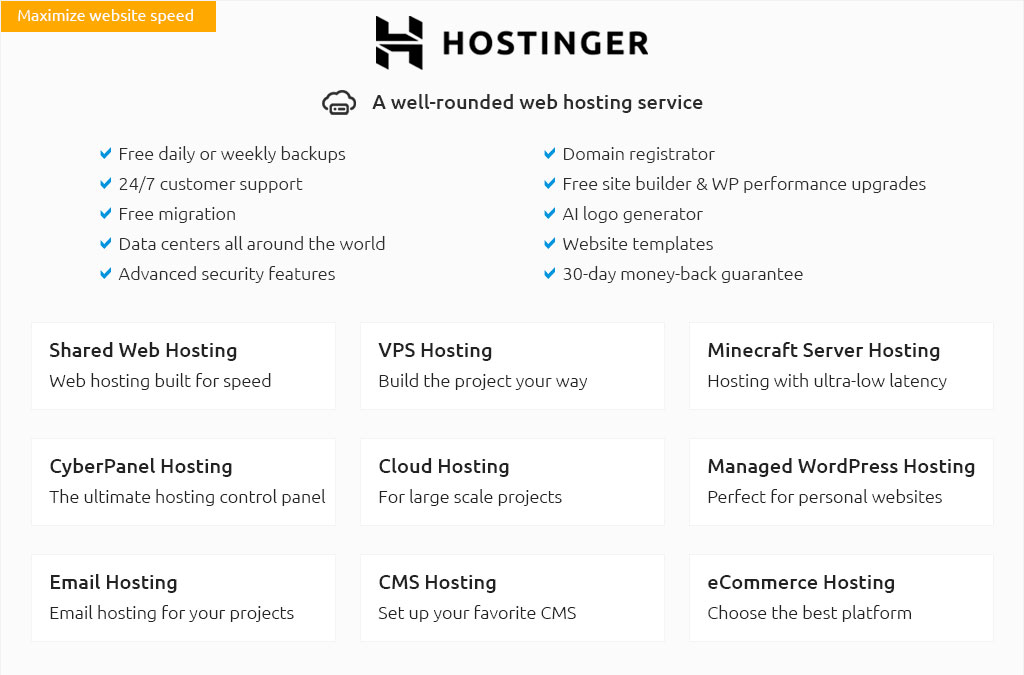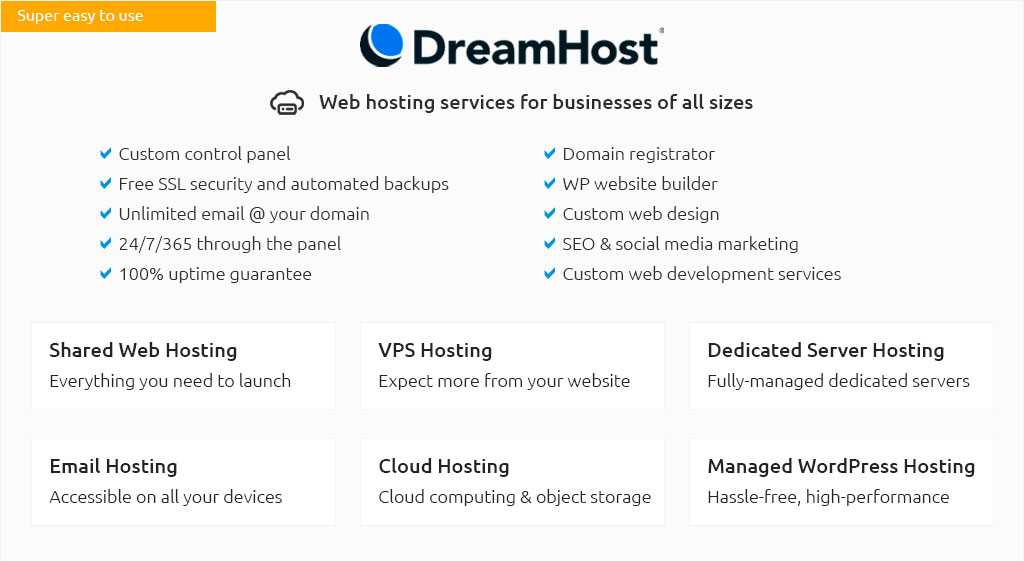 |
|||
 |
 |
 |
|
 |
|
 |
 |
 |
|||
 |
|||
 |
|||
 |
|||
 |
|||
 |
|||
 |
 |
Understanding How to Manage VPS Hosting: The Main BenefitsIn the ever-evolving digital landscape, Virtual Private Server (VPS) hosting has become a cornerstone for businesses and individuals who need more control and flexibility than what traditional shared hosting offers. Understanding how to manage VPS hosting can significantly impact your online presence and efficiency. But what exactly does managing a VPS entail, and why is it so crucial for today's internet-savvy users? At its core, VPS hosting is a virtualized server dedicated to your website, offering a perfect balance between shared hosting and dedicated servers. It provides users with their own isolated environment with dedicated resources, which translates to improved performance, enhanced security, and greater reliability. This setup empowers users with root access, allowing them to install and configure software, set up custom scripts, and tailor the server environment to meet specific needs. One of the primary benefits of VPS hosting is control. Unlike shared hosting, where you're limited by the constraints of the server's pre-installed software, VPS hosting allows you to customize your server's operating system and install applications that are essential for your website's functionality. This flexibility is particularly beneficial for developers and tech enthusiasts who want to experiment with different configurations. Moreover, VPS hosting is known for its scalability. As your website grows, you can easily upgrade your server resources without experiencing downtime. This scalability ensures that your site can handle increased traffic loads seamlessly, making it a preferred choice for businesses anticipating rapid growth. Another significant advantage is security. With a VPS, your data is isolated from other users, reducing the risk of data breaches and unauthorized access. You can implement customized security measures tailored to your needs, providing an added layer of protection that is often lacking in shared hosting environments.
While managing a VPS can seem daunting at first, many hosting providers offer managed VPS services. This means that the provider takes care of the server management tasks, such as software updates, security patches, and technical support, allowing you to focus on your business. For those who prefer a more hands-on approach, unmanaged VPS hosting provides the opportunity to gain a deeper understanding of server management and optimization. In conclusion, whether you're a business owner seeking reliable and scalable hosting solutions or a developer eager to customize your server environment, understanding how to manage VPS hosting is a valuable skill. With the right approach, it can significantly enhance your website's performance and security, providing a robust platform for your online endeavors. Embrace the power of VPS hosting, and watch your digital footprint expand with confidence and control. https://www.cloudpanel.io/blog/vps-management/
Runcloud is a paid control panel that provides an efficient way to manage your VPS hosting. Runcloud includes features like server optimization, application ... https://www.scalahosting.com/cloud-servers.html
An all-in-one solution with all the features and capabilities you need to run and grow your businesscompletely free of charge. https://www.namehero.com/vps-hosting
Our budget-friendly managed VPS plans offer cloud-powered private servers with extreme flexibility and reliability.
|